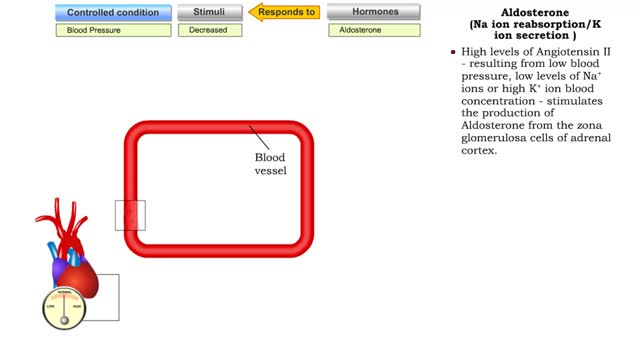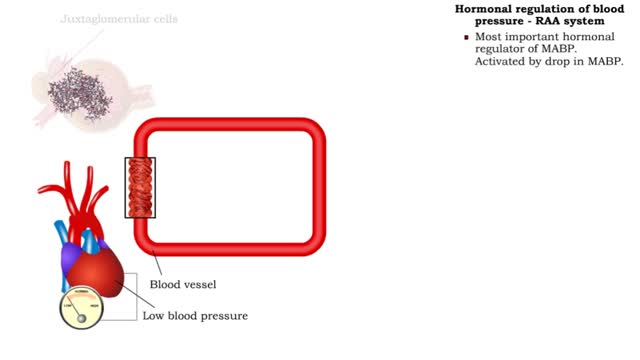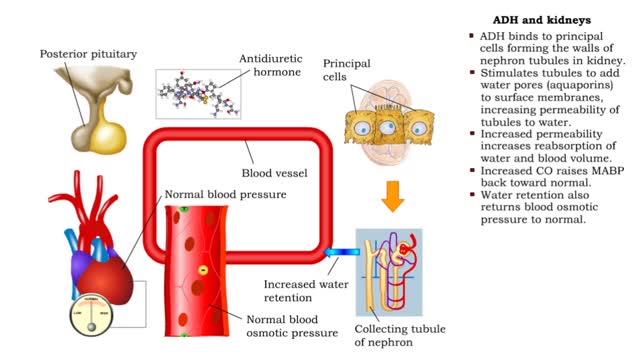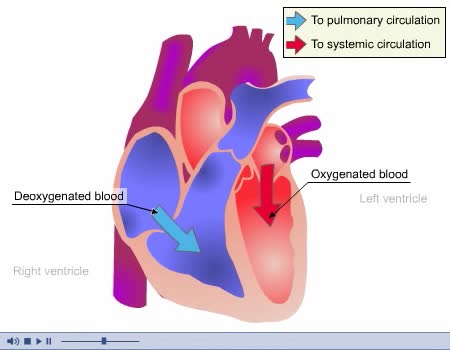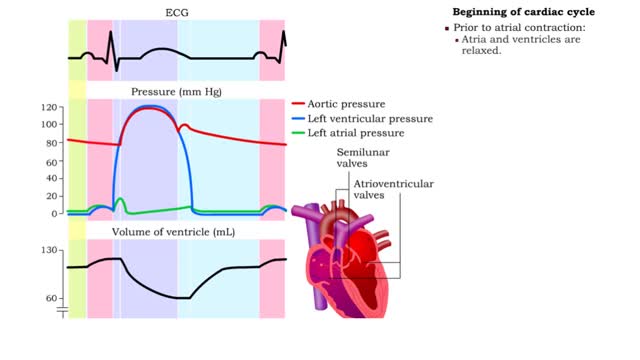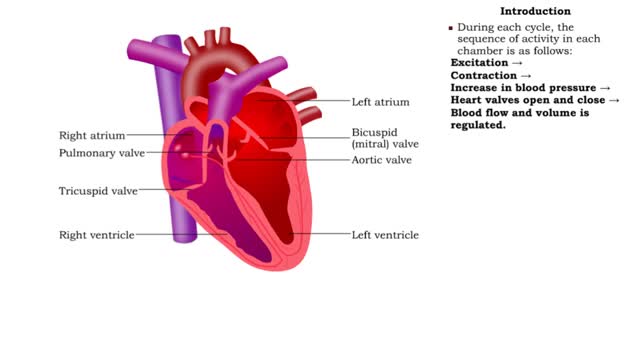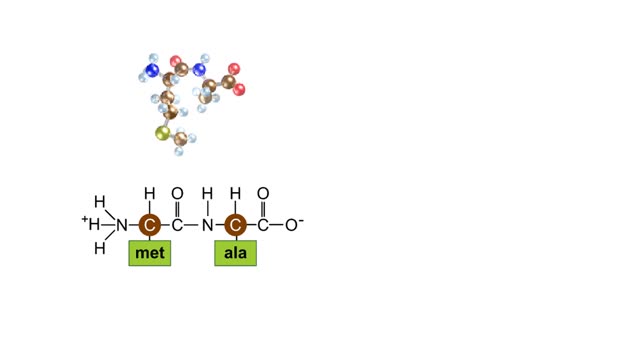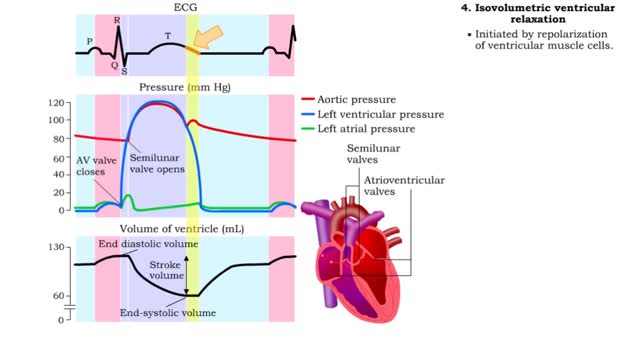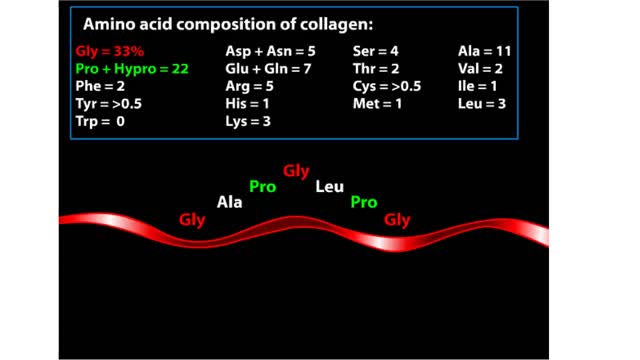Search Results
Results for: 'Atrial natriuretic peptide'
Atrial natriuretic peptide (vasodilation) & Aldosterone
By: HWC, Views: 6331
• Certain situations will cause the body's stress level to rise. • increased blood pressure will stretch the atria of the heart, stimulating the secretion of atria natriuretic peptide (MP). • ANP causes muscle cells in blood vessels to relax. • Blood pressure is lowered as a result ...
Hormonal regulation of blood pressure - RAA system
By: HWC, Views: 7099
■ Long-term regulation of MABP is under hormonal control. • Hormones that affect blood pressure and volume: the renin-angiotensin-aldosterone (RAA) system, antidiuretic hormone (ADM), and atrial natriuretic peptide (ANP). ■ Most important hormonal regulator of MABP. Activated by drop in...
ADH and the arterioles, kidneys, sweat glands and the Atrial natriuretic peptide (ANP)
By: HWC, Views: 6777
• ADH is also known as vasopressin. • Produced by hypothalmus and secreted by neurosecretory cells in posterior pituitary gland. • Responds to high blood osmotic pressure representing low amounts of water in the blood. • Binds to smooth muscle cells in walls of arterioles, stimulate...
By: Administrator, Views: 9681
Prior to atrial systole, blood has been flowing passively from the atrium into the ventricle through the open AV valve. During atrial systole the atrium contracts and tops off the volume in the ventricle with only a small amount of blood. Atrial contraction is complete before the ventricle begins...
Five phases of cardiac cycle & Atrial contraction
By: HWC, Views: 6626
1. Atrial contraction (atrial systole). 2. Isovolumetric (ventricular) contraction. 3. Ventricular ejection. 4. Isovolumetric (ventricular) relaxation. 5. Passive ventricular filling. Beginning of cardiac cycle • Prior to atrial contraction: • Atria and ventricles are relaxed....
Electrical changes in the heart
By: HWC, Views: 6476
• ECG: Graph of the voltage changes that occur during the cardiac cycle. • Readings are taken by electrodes placed on the surface of the body. • Electrodes detect voltage changes caused by the electrical activity of the heart. • P wave = atrial excitation (atrial depolarization). ...
Peptide Bond Formation Animation
By: HWC, Views: 492
During protein synthesis, peptide bonds link amino acids together in the order specified by DNA instructions. In this case, the first two amino acids in the protein are methionine and alanine. Here are ball-and-stick models of these amino acids. Peptide bond formation is a type of condensatio...
Isovolumetric VC, Ventricular ejection, Isovolumetric & Passive ventricular filling
By: HWC, Views: 6619
• Isovolumetric means that blood volume does not change. • Ventricular blood volume and cell length remain constant. • With valves closed and contraction continuing, ventricular pressure continues to rise. • Ventricular pressure rises above arterial pressure. • Increased ventr...
Major Elements in Biological Molecules: Proteins
By: HWC, Views: 6045
Proteins are chains of amino acids linked by peptide bonds. The 20 different amino acids used to make all proteins differ only in their side chains, and the properties of these side chains account for the great diversity of protein structure and function. Collagen is an example of how a prote...
Advertisement



